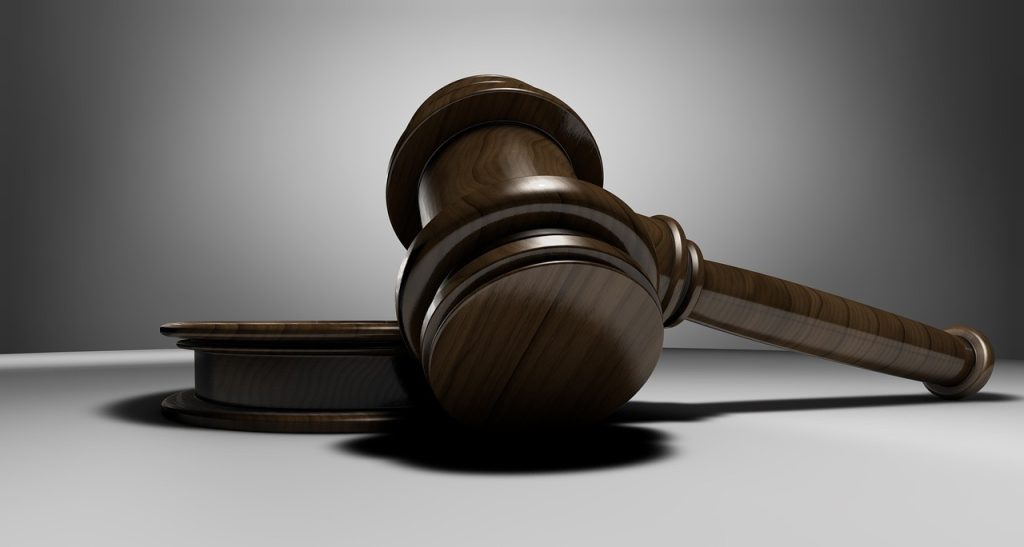The reality is that accidents are common, even though no one ever plans on being involved in one. There were 24.8 million emergency room visits in the United States because of unintentional injuries in a single year. It might be difficult to know where to turn after suffering a personal injury. You could be concerned about your health, your money, and your chances of making a full recovery. You might be wondering what steps to take to seek redress if the accident was caused by someone else’s negligence. An injury lawyer might be useful in this situation. An injury lawyer may be of great assistance in your quest for justice and financial restitution. As a result of the expansion of law firms specializing in personal injury cases, clients now have access to a large number of potential lawyers. So how can you choose the one that’s best for you? If you’ve been injured and need legal representation, keep reading.
Seek a Qualified Lawyer
There are two types of lawyers: specialists and generalists. Finding the right legal representation can make a significant difference in the outcome of your case. A specialized injury lawyer understands the complexities of personal injury law and can provide expert guidance tailored to your situation. They can help you navigate the legal system, negotiate with insurance companies, and ensure you receive the compensation you deserve. When searching for the best attorney, it’s crucial to evaluate their expertise and track record to ensure they align with your specific legal needs. For more information on finding an experienced personal injury lawyer, visit https://lawyerforall.com/.
Get Recommendations
Asking someone you trust for referrals is a great method for every search. You can find a great personal injury lawyer via word of mouth from friends, family, or coworkers. Find out what they thought of the lawyer and whether or not they would suggest them. If you already have a lawyer, you may inquire about a referral to a personal injury attorney. Most attorneys know other attorneys who would be willing to help you.
Verify If They Have a History of Success
After you’ve gotten recommendations and taken a look at different business cards, you should verify a lawyer’s history of success. Keep in mind that they may have a track record of accepting lowball settlement offers from insurers, or they may have trouble winning the highest-stakes cases. Check out their past successes and ask these questions when you search for a lawyer. Have they regularly won multimillion-dollar judgments and settlements for their clients? Can they handle not just small accidents but also catastrophic injury and wrongful death lawsuits successfully? Do they have any honors to show for the judgments and settlements they’ve received?
Consult with a Few Potential Lawyers
You wouldn’t think twice about asking about the company’s qualifications and expertise before hiring them to work on your house. Choosing an attorney is no exception to this rule. You should consult with your prospective attorney and ask pertinent questions regarding their experience and the results of previous cases. Interviewing potential lawyers is an important first step since it will help you learn more about their experience and qualifications. If the lawyer’s responses make you uneasy or if you have doubts about their expertise, you may want to keep looking.
After you and your prospective attorney have established familiarity, you may go on with the hiring process.
Discuss Fees
It’s smart to inquire about costs before beginning any service. Having complete trust in your lawyer is essential in any transaction involving a large sum of money. Get any agreement on payment of fees in writing. There must be complete openness between you and your lawyer throughout any major financial transaction. A written price agreement should be standard procedure. Lawyers that specialize in personal injury cases often take cases on a contingency basis, earning a third of any settlement or judgment reached plus reimbursement for their overhead. Whatever the case may be, you should ask your lawyer to define “no fee if no recovery.” Get a clear estimate of your attorney’s expenses right now.

Ask About Your Particular Situation
Ask as to the validity of your case with the help of a lawyer. Inquire about their approach to the case and their desired conclusion. Is the lawyer simply interested in cases they can settle out of court, or are they prepared to argue in front of a judge and jury if necessary? You should inquire about your attorney’s approach to client contact and the procedures he or she uses. How often do they check in, or is it acceptable if you check your phone to see where your case stands? Inquire as to what they think the end result of your case will be.
The last inquiry is crucial. Be wary of lawyers who guarantee you a certain settlement amount or who offer you a huge sum as compensation for your injury. Keep in mind that each case and damage is as unique as the person to whom it occurred. Although your lawyer may be able to offer you a rough estimate based on past instances, they should never guarantee you a particular quantity of money or make inflated claims about your settlement.
Observe Their Interaction With You Carefully
Don’t second-guess yourself. Because of the significance of the lawyer-client relationship, it is crucial that you feel comfortable with the lawyer you choose to hire. You should focus on the essentials, such as whether or not they are ready to answer your questions, how kind and knowledgeable they seem, how well they communicate (do they get back to you soon, call you back, etc.), and whether or not they are willing to come to you if you need them.
It’s tempting to represent yourself in an accident injury lawsuit if you feel the other party is at fault in order to save money. Yet, personal injury lawsuits may be intricate, making it critical to have an experienced lawyer on your side. Use the information in this article to assist you in identifying the finest personal injury lawyer for your case if you’re not sure how to go about doing so.

